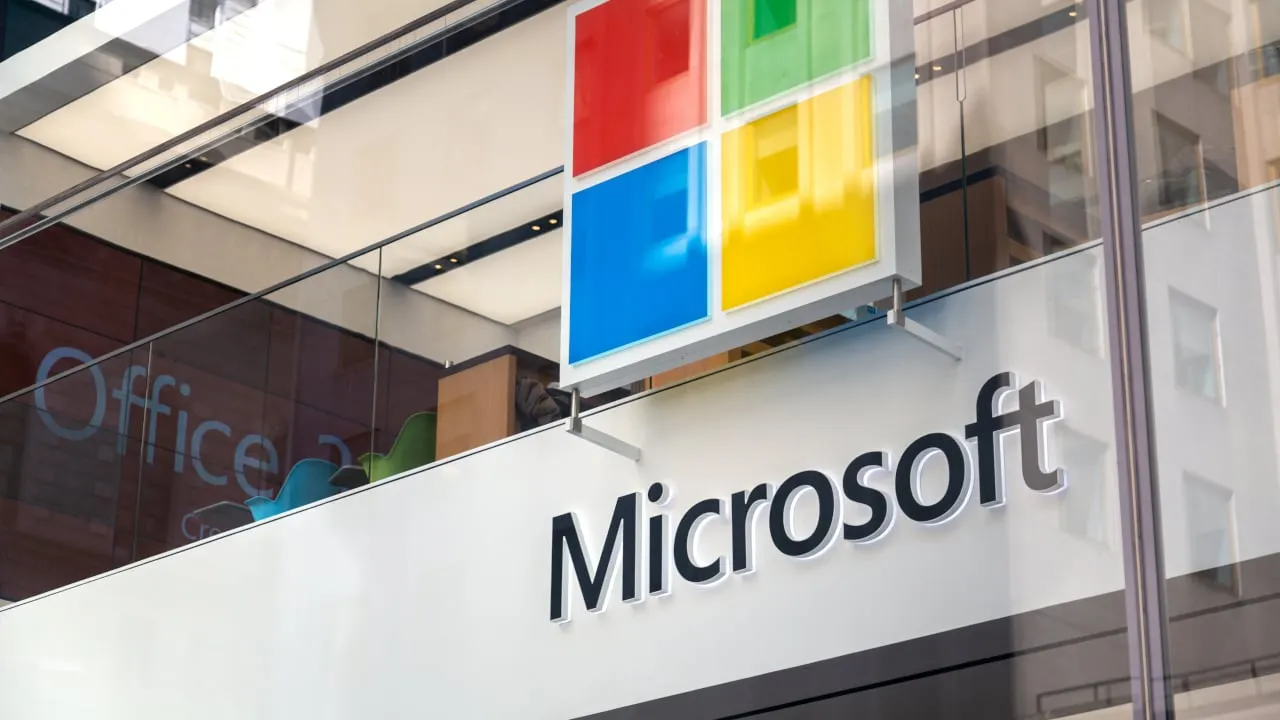With nary a sound—or corporate press release—Microsoft has quietly rolled out a new standalone AI chatbot app for Android. Dubbed Copilot and first spotted by a Twitter user, this release from the Redmond-based tech behemoth adds to the burgeoning field of AI-powered mobile apps, continuing to expand the diverse options that consumers can access from the palm of their hand.
https://t.co/ENhlMO2EoL pic.twitter.com/jfDilAF2s7
— techosarusrex (@techosarusrex) December 26, 2023
The Copilot app, now available on the Google Play Store, is Microsoft's latest move in leveraging its partnership with leading AI developer OpenAI. The Copilot app integrates the sophisticated language and image generation capabilities of GPT-4 and DALL-E 3 with GPT-Vision’s image analyzing features. In other words, the brand new Copilot promises comparable sophistication in text replies as ChatGPT Plus, and equally impressive images compared to those created by OpenAI’s paid service.
The app, which seems like an evolution of the previous standalone Bing search app, allows users to engage in various AI-enhnaced tasks, from asking complex questions to generating visuals and drafting documents.
Copilot is the brand used by Microsoft to house all of its AI-powered services. Its coding assistant, its deprecated virtual assistant Cortana, and its AI-powered web search and chatbot all now fall under the Copilot umbrella as a single product.
The launch of Copilot for Android is particularly notable for providing advanced AI features at no cost, in contrast with the subscription-based model of ChatGPT Plus. This approach marks a strategic pivot in the competitive landscape, positioning Microsoft's offering as a potent alternative to other free or integrated assistants like Siri, Google Assistant, and Samsung’s Bixby.
The fact that Copilot is powered out of the gate by GPT-4—a recent iteration known for its nuanced understanding and response capabilities—is a huge plus for those who want to test the latest AI model without spending too much money on a subscription.
While the Copilot app caters exclusively to Android users, the absence of an iOS version has not deterred speculation about its imminent arrival, especially given the significant market share of Apple's operating system and the strategic importance of reaching the broadest possible user base. Something similar happened with OpenAI’s original ChatGPT app, which was made available on iOS first and then ported to Android.
Decrypt contacted Microsoft asking for more information about the app and to confirm whether there would be an iOS release. Microsoft did not respond, however, as their media relations office is taking a "wellness break," according to an automated email response.
As traditional virtual assistants face new competitors, the industry is enjoying a rapid diversification of offerings and a race towards more advanced, user-centric solutions. Many other apps are in the market, from chatbots like Poe and Replika to general assistants like ChatGPT and Copilot.
Also, many existing and popular apps have increased their capabilities thanks to AI integrations, such as Facetune, Deepl, Grammarly, and Duolingo. These services have leveraged the power of generative AI to provide a better user experience, allowing people to get better advice, make better image edits, receive better translations, and benefit from overall better outputs across every mode.
Edited by Ryan Ozawa.

